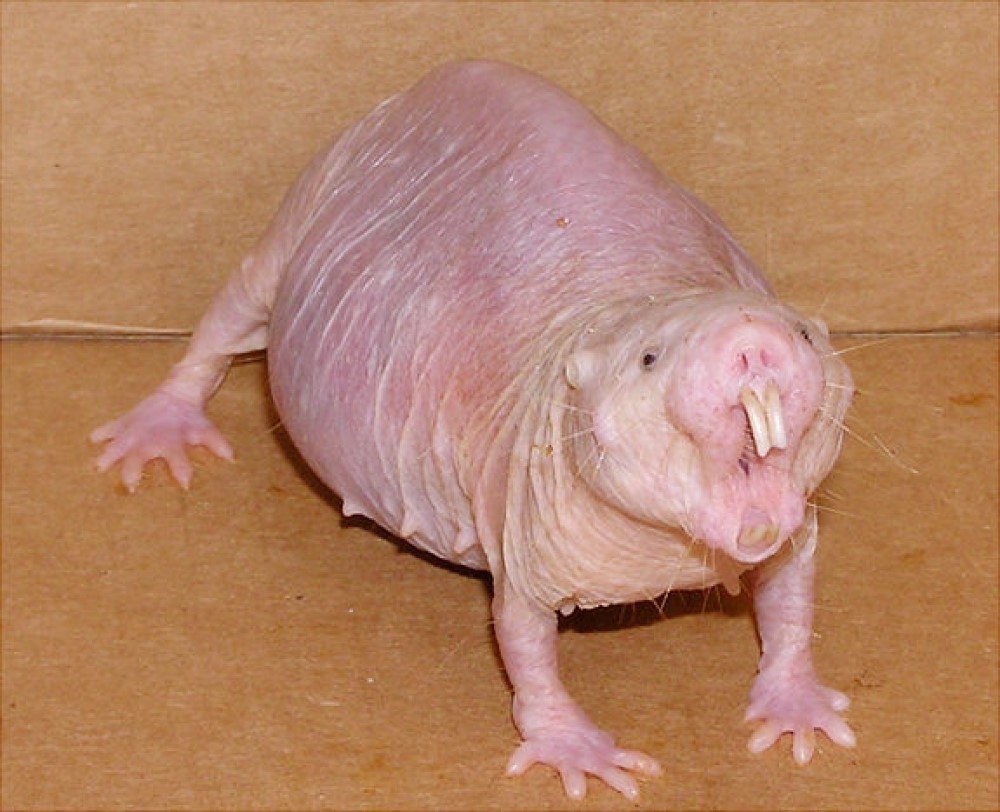
New Computational Method Linked One Mammal’s Striking Longevity and Resistance to Cancer With ‘Dark Genome’
On Oct. 29, 2024, a study led by Andrei Gudkov, PhD, DSci, at Roswell Park Comprehensive Cancer Center support a new understanding of what might be driving the species’ propensity for avoiding cancer — its noteworthy evolutionary stability.
All mammals can develop cancer, the rapid growth of harmful cells that can overtake normal cells and compromise their ability to function. Scientists have long observed that a species of nearly-hairless subterranean rodents from eastern Africa are surprisingly long-lived and demonstrate a pronounced resistance to cancer. There is growing evidence linking the desilencing of the retrobiome to mammalian aging, particularly as a driver of chronic systemic inflammation that underlies many age-related diseases, including cancer.
New insights about that species, the naked mole-rat, and the clues its genes may hold for ways to prevent or control cancer’s development in other mammals were reported in a study in the journal Proceedings of the National Academy of Sciences of the United States of America (PNAS).
Tags:
Source: Roswell Park Comprehensive Cancer Center
Credit:
